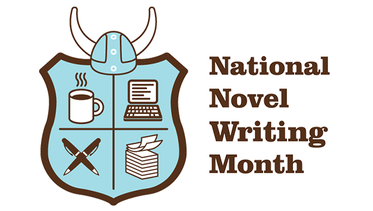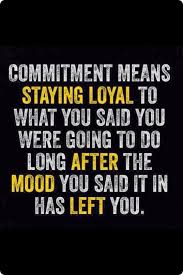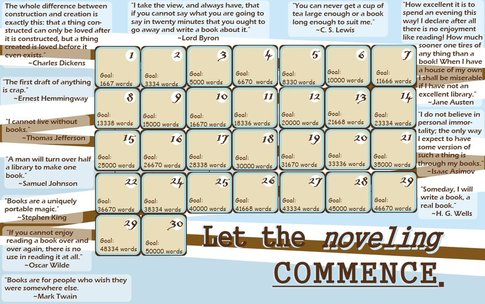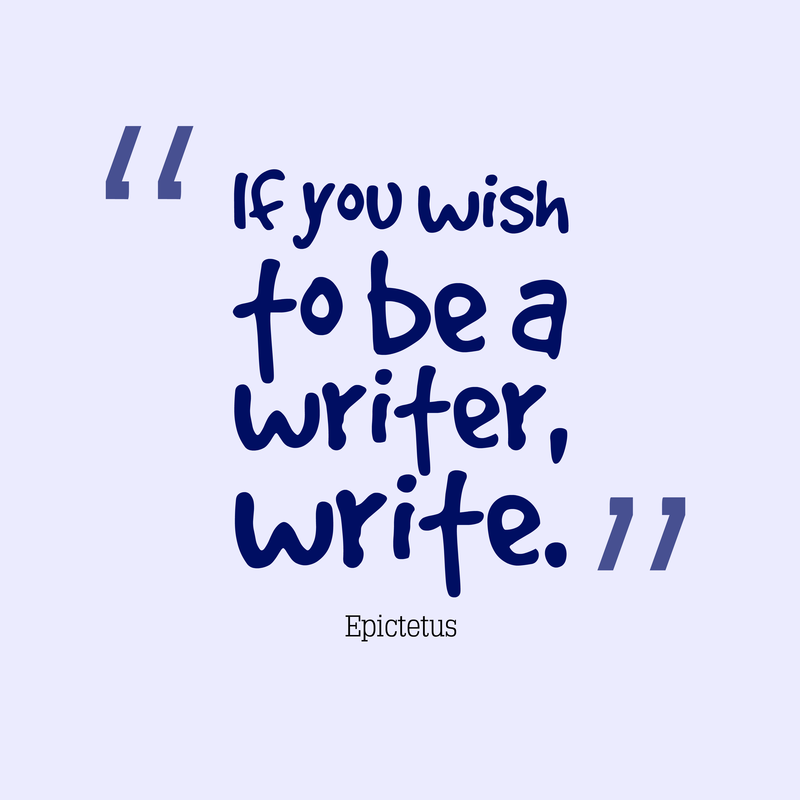|
Are you a perfectionist? Do you agonize over every detail of your prose, but find you can't fill up more than fifty pages? Do you have many ideas and half-started stories, but have yet to finish any of them? Do you simply want to write a rough draft of your novel quickly? If so, perhaps it's time for you to give Nanowrimo a try. Want the quick version? Click here. What is NaNoWriMo? NaNoWriMo is the abbreviated word for National Novel Writing Month. Writers who accept this challenge attempt to write an entire novel of 50,000 words (or two hundred pages) during the month of November. That's it. But, of course, that's not it, because that's crazy! It means writing 1667 words (6 pages), each and every day, or 12,500 words (50 pages) each week. It means coming up with a beginning, middle, and end. It's impossible. Or so I thought, until I sat down and tried it myself. My Story I first heard about Nanowrimo in college. Given that my major was Creative Writing, you'd think I'd jump at the challenge. You'd be wrong. The prospect of writing an entire novel in a month terrified me. Subsequently, I avoided Nanowrimo for seven long years. During those seven years, I noticed a disturbing trend in my writing. I'd write a chapter, edit it until it met my high standards, and move on to the next chapter. Then I’d discover that the new information canceled out the earlier chapter. I'd have to go back and re-write it. One step forward, two steps back. That was me for seven years. Eventually, I decided I needed to see a full draft of my novel. But how to get an ending quickly? I remembered Nanowrimo. Since I didn't want to wait until November, I picked up Book in a Month by Victoria Lynn Schmidt and tried it on my own. It worked… and it didn't. I did write 100 pages and found an ending to one character's arc. But I made a few mistakes along the way. Mistake #1: I plotted out my book, using suggestions from Book in a Month, during November, while I was supposed to hash out the manuscript. The suggestions were helpful, but brainstorming and writing at the same time was too much. Mistake #2: I made plans to write and edit other stories while doing my version of Nanowrimo. It turned out that one major project was enough to twist my brain. Two nearly turned it into mush. Mistake #3: I tried to go at it alone. While I was able to keep myself disciplined and on schedule, I lost the enthusiasm and positive energy that comes from a group effort. These lessons didn't become obvious to me until my second attempt. By then, I'd moved to Brea and met a writer named Michelle Knowlden, who told me she led a Nanowrimo group. I signed up early on nanowrimo.org. They recommended that I spend October preparing. I used the month to brainstorm, an effort that yielded me a rough outline. When November came, I knew exactly what to write. Spurred on by Michelle's daily November emails, I banged out close to 60,000 words by the end of the month. Since then, I've completed several Nanowrimos. It's become a vital part of my writing routine. How It Works First, you make a commitment. During the month of November, your novel will be your top priority. You will carve out time to work on it, and you will sit down and write, whether you're tired, hungry, frustrated, uninspired, lonely, bored, or brain-dead. You will let go of quality and focus on sheer quantity of pages. "I'll re-write it later," will be your motto. You'll take heart in the fact that if you write enough pages, valuable ideas and insights will come to you. You will abide by these rules of thumb: No tangents. As much as possible, steer away from backstory, minor characters, and subplots. Focus on the bare necessities to move the main plot forward. No research. Research eats up hours you don't have. If you're not sure of something, make a note to look it up later. No corrections. No one cares about grammar. No one cares about pretty sentences. No one cares if you misspell your main character's name. No going back. Once you've written a section, do not go back and re-write it. Do not add on to it. If you need to change something, make a note and move on. Writing will test your discipline, focus, and endurance. When it's over, you will hopefully have a rough draft of a novel, a major accomplishment. Even if you don't succeed, you'll learn about yourself as a writer: your strengths and your weaknesses. You can apply the lessons and try again next year. Initial Steps If this sounds like something you might want to try out, you can get ready for the November adventure by taking a few quick and easy steps now. Set a Goal Do you have a half-written story or a shining idea you want to get on paper? Make a commitment to work on it for Nanowrimo. Even though Nanowrimo is traditionally supposed to be 50,000 words and a novel, I think that any challenging goal can be fitted to this formula. My fantasy novels are often upwards of 200,000 words, so rather than trying to cram the whole thing into 200 pages, I commit to writing an arc. If, on the other hand, writing 50,000 words is either too intimidating or too unrealistic given your circumstances, change the word count. Try 25,000 words. The point is to stretch yourself, not stress yourself out. Think of a Reward This is my favorite part. Writing 50,000 words in a month is no easy feat. It deserves a reward. And not something abstract like "the satisfaction of writing a novel." Something tangible. Something you can dream about when you're 5000 words behind and wrestling with Writer's Block. Personally, I like to treat myself to a nice lunch and dessert and/ or splurge on $30 worth of books. Last time, I bought myself The Phantom of the Opera soundtrack. The point is, you need to celebrate. Don't try to get around it. Embrace it. Is one reward enough? For me, it's fine, but you might prefer multiple little rewards to help you along the way, like a gold star for the day or maybe a Starbucks coffee. You can reward milestones: 5,000 words, 10,000 words, 25,000 words. You can reward effort—sticking through it for the whole month. Make a Plan Although it sounds easy enough to sit down and write, it often isn't. You need to figure out what you're going to write. You need to carve out 2 hours a day from your busy schedule for writing. You need to mentally prepare yourself for the onslaught of writing. Further Steps Take a deep breath. You've made a good start, but there's more to come.
For more ways to win Nanowrimo, please click on one of the links below, which will take you to my blog. I suggest viewing them in order for best results, but if you just want the quick version, I suggest you hit the last link. Good luck Nanowrimo writer! Get those novels finished!
0 Comments
Spit-balling, note-taking, thinking outside the box. Most of us have been brainstorming since elementary school, when we'd squish our desks together and toss out different ideas we hoped wouldn’t get us laughed at. I, for one, didn’t see the point. When I first began work on my epic fantasy novel, I refused to brainstorm. I thought it was a big waste of time. I was afraid I'd get caught in a note-taking trap and never write. So I diligently sat at my computer desk in 110 degree heat, typing and typing, refusing to stop no matter how often I got stuck or how little I had to say. It got me nowhere. I don't want that to happen to you. I want you to use every tool in your writer's kit to get your story working. And that's what brainstorming is: a wonderful tool. Whenever you get stuck, whenever you have a bad feeling in your gut that something's wrong, whenever you want to write but have nothing to say--brainstorming is there for you. That's why I've come up with strategies based on my own trial and error to get your mental juices flowing and help you on your writing way. Quiz! Quiz! Quiz! Where exactly are you in the writing process? Take this handy-dandy little quiz to figure out what brainstorming frame of mind you're in. 1. How do you feel about your writing? a. I hate, hate, hate it! I can't stand looking at it. b. I like it in general, but this one aspect has been frustrating me. c. I love it. It will be the most beautiful, fascinating, wonderful story... once I start writing it. 2. What is your biggest problem with your story? a. The whole thing. It's stupid. Also, I suck as a writer. b. ______________________________ (Fill in the blank.) c. There's not enough of it yet. 3. Brainstorming is good for: a. avoiding looking at my *@#& manuscript! b. solving a problem. c. figuring out what to write. If you picked mostly As
|
Archives
October 2016
Categories |














 RSS Feed
RSS Feed
